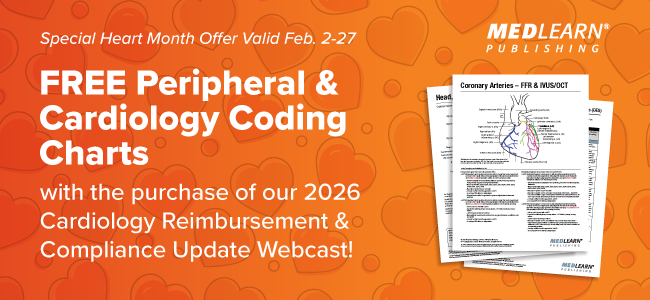Moving from a corrections mindset to one of prevention can be a large project when preventing denials.
Through the process of working on denials management programs, it has become quite clear to me that it is not just due to physician documentation challenges. A few weeks ago, I presented a way to fight the numerous and egregious denials from managed care organizations citing regulations and more.
In this article, I am going to focus on the clinical side of the denials. As a baseline, many financial components of healthcare facilities believe that the solution to dealing with denials is accomplished by having a strong clinical documentation integrity (CDI) program.
While this is mostly correct, it must be realized that denials prevention must come from a strong clinical revenue cycle program of which CDI plays a significantly important, but not solitary role.
Denials can commonly be divided into two categories of causes:
- Technical denials
- Process related
These two categories are not mutually exclusive in that, not only do many of the causes of denials come from the provider, but there are deficiencies and reasons on the payer side. Based on experience with denials and peer-to-peer discussions, physicians and their documentation play a significant role in denials but not a solitary role, similar to CDI programs.
Understanding this concept is of critical importance in developing a program of prevention of denials as opposed to correction of denials. In addition, remember if there is insufficient documentation evidence to support an inpatient level of care and the patient is placed in observation, CDI never sees that patient since CDI is only involved with inpatients, not observation.
Yet technical denials can still occur such as wrong dates, late notifications, authorization challenges, no physician notes, etc. that should never happen. Processes, edits, and procedures should be readily put in place.
On the payer side, frequently medical directors do not have all the pertinent clinical information due to what is provided to them by their own case managers, what is provided by the provider, and, of course, poor physician documentation. Also, payers use their own modification of the non-physician criteria that is used by provider utilization review, resulting in discrepancies.
Payers will not typically divulge their “proprietary criteria.” There are also regulations that exist providing guidance for approval of inpatient, but many medical directors do not know of them. That is why it is critically important that peer-to-peers be done by experts in this area, by an expert knowledgeable of all specialties, federal regulations, and payer contracts.
More overturns will occur at the peer-to-peer level than at the written appeal. Part of the preventative efforts should be put forth in improving processes on the front end, reducing the correction that is needed to produce a potential denials free atmosphere resulting in more sustainable revenue.
Addressing these denials can be an extremely large project, especially moving from a corrections mindset to one of prevention. With that in mind one must expect it to be a significant time and resource commitment in the beginning.
The payers will change the rules as you go along and they do it often, so one must stay on top of charges to optimize revenue recoupment. If one works hard and consistently at this the return on investment will be significant.
Remember that all levels of clinical revenue cycle must be involved, not just CDI. Provide feedback and celebrate every victory, no matter how small. Develop a dashboard of KPI’s that make sense for your organization.
It is an ongoing battle. You may not win the war, but you want to win every battle that you can.
Programming note: Listen to Dr. John Zelem live every Tuesday at 10 Eastern on Talk Ten Tuesdays for his “Journaling John MD” series.


























